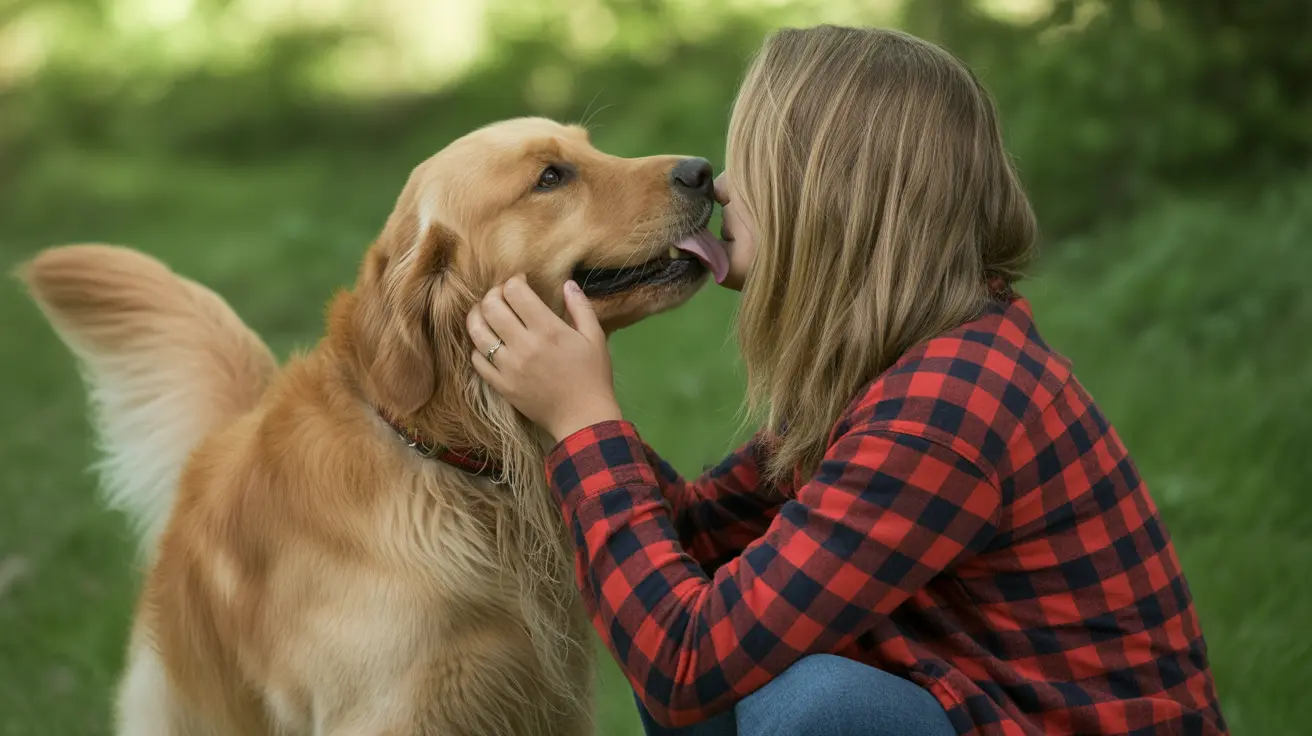Why Grapes Are Dangerous for Dogs
Grapes might seem like a harmless snack, but for dogs, they're anything but safe. All types of grapes—red or green, seedless or not, organic or conventional—can be highly toxic to dogs. This danger extends to raisins, sultanas, currants, and any food containing these ingredients. Even a small amount can trigger sudden kidney (renal) failure in some dogs, which may be fatal.
The Unpredictable Toxicity of Grapes
Here's the tricky part: there's no known safe quantity of grapes or raisins for dogs. Toxicity is unpredictable. Some dogs might eat a grape and be fine; others could become gravely ill after ingesting just one. Because there's no way to know which dogs are sensitive, every exposure should be treated as an emergency.
- All forms—fresh, dried (raisins, sultanas), with or without seeds—are dangerous.
- Toxicity doesn't depend on the type of grape or how it's prepared.
- No breed, age, or sex is immune.
What's the Toxic Ingredient?
The exact substance in grapes that harms dogs hasn't been identified yet. Scientists have considered tartaric acid, potassium bitartrate, mycotoxins, pesticides, and other natural compounds inside the fruit. But research is ongoing. What we do know: both the flesh and skin contain the toxin(s), and dried forms like raisins may be even more concentrated—and therefore more dangerous.
Symptoms of Grape Poisoning in Dogs
If a dog eats grapes or related foods, symptoms can show up within a few hours—or take up to three days. Early warning signs include:
- Vomiting
- Diarrhea
- Lethargy (unusual tiredness)
- Loss of appetite
- Abdominal pain
If toxicity progresses, things get worse quickly:
- Dehydration
- Changes in urination (more or less than usual)
- Increased thirst
- Weakness or collapse
- Mouth ulcers and bad breath
- High blood pressure
- Anuria (not urinating at all)
- Tremors or seizures (rare but possible)
Kidney damage can become irreversible before you even notice symptoms. That's why immediate action is crucial.
If Your Dog Eats Grapes: What To Do Next
- Call your veterinarian right away—even if your dog seems fine.
- Avoid trying to induce vomiting at home unless instructed by a vet; it can sometimes make things worse.
Your vet may recommend decontamination steps if ingestion was recent:
- Inducing vomiting (safely done by professionals)
- Administering activated charcoal to absorb toxins
Treatment can also include:
- IV fluids to protect kidney function
- Bloodwork to monitor kidney values
- Medications for nausea or stomach ulcers
- Hospitalization for close observation
If kidney injury is severe, dialysis may be necessary—but this isn't always available and doesn't guarantee recovery.
No Safe Dose: Why Any Amount Is Dangerous
The toxic dose of grapes or raisins isn't known. Some small dogs have developed acute kidney injury from eating just one grape; others have eaten more with no apparent effect. Sensitivity varies dramatically between individual dogs. Because there’s no clear threshold and toxicity doesn’t appear dose-dependent:
- Treat every exposure as hazardous—regardless of amount eaten.
Dried Fruits & Hidden Dangers in Foods
Dried fruits like raisins and sultanas are especially risky since they're more concentrated than fresh grapes. Many baked goods and snacks contain hidden sources:
- Cakes (fruit cake), mince pies, hot cross buns, fruit scones
- Breads with raisins (raisin bread), trail mix, mueslis/granolas
- Certain protein bars or snack bars containing dried fruit
Avoid letting your dog eat any part of the grape plant—including stems and leaves—as these may also contain toxins.
Prevention Tips: Keeping Your Dog Safe From Grape Toxicity
- Store all grapes and related foods out of reach (high shelves or locked cabinets work best).
- Payspecial attention during holidays when fruit-laden treats are common.
- Educate family members and guests about the dangers—especially children who might share snacks with pets .
- Clean up dropped fruit immediately . < p > If you suspect your dog has eaten grapes , raisins , currants , sultanas , or foods containing them — call your vet immediately . Early intervention saves lives . < h3 > Safer Fruit Treats For Dogs < p > Looking for healthy alternatives ? Some fruits are safe in moderation : bananas , blueberries , mangoes , oranges , watermelon — but always check with your vet first . Treats should make up less than 10 % of your dog ' s daily calories . Avoid avocados , wild berries , cherries , and anything containing grapes . < h3 > Bottom Line < p >< strong > There is no safe amount of grapes or raisins for dogs . All exposures are emergencies . Never use these fruits as treats — ever . If ingestion occurs , contact your veterinarian without delay .





